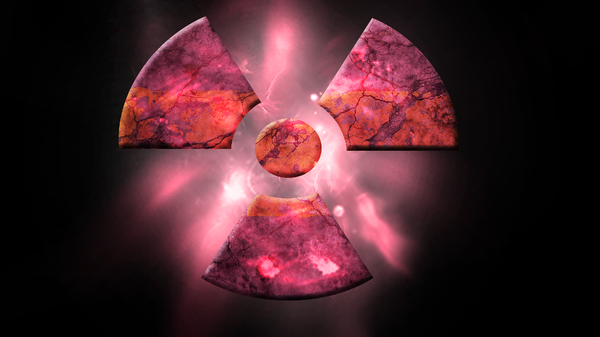There have been at least "180 mishaps in 16 years" involving military convoys carrying nuclear bombs around the UK. That's the startling news according to a "Nukes of Hazard" report by the International Campaign to Abolish Nuclear Weapons (ICAN), published on Wednesday (September 21).
The report, based on Ministry of Defense logs released due to Freedom of Information requests, reveals that materials for nuclear weapons are driven through or flown over 122 separate local councils in the UK. They include densely-populated areas in major cities such as Birmingham, Bristol, Cardiff, Edinburgh, Glasgow, Leeds, Liverpool, Sheffield, Manchester and Newcastle.
According to ICAN, the convoys carry nuclear warheads in dark green trucks accompanied by up to 20 vehicles, including police and fire trucks, around 6 times per year, making a 900 mile trip on each occasion. The last trip reportedly happened earlier this month.
Matt Hawkins a project officer from the ICAN, who worked with the report's author, investigative journalist Rob Edwards, said:
"We can only rely on what the Ministry of Defense wants us to know. There is of course a lot of material that they do not wish to share. The kind of accidents that have happened range from crashes with other vehicles, break downs, the trucks actually overturning in the road, the trucks overheating, brakes failing, fuel leaks, smoke emitting from the bomb carrier fuel box, and, perhaps most unusually, dogs being loose on the motorway," Mr. Hawkins told Sputnik.
The Ministry of Defense (MoD) issued a statement in response to the report:
"The transport of defense nuclear material is carried out to the highest standard in accordance with stringent safety regulations, and all operational and engineering incidents are reported, however minor.
"In over 50 years of transporting defense nuclear material in the UK, there has never been an incident that has posed any radiation hazard to the public or to the environment," the MoD said.
.@robedwards53: '@DefenceHQ position is that risks from convoys are tolerable. I think that's a judgement for the communities, not for them'
— ICAN UK (@ICAN_UK) September 21, 2016
However, anti-nuclear campaigners say that the secretive transport of nuclear bombs is a catastrophe waiting to happen.
"We would say that just because an incident has not occurred, to their knowledge or one that they would be happy disclosing, that has caused significant harm does not mean it could not happen.
"The impact if it did could be devastating. And during that time other disasters involving nuclear materials have occurred — think of Chernobyl or Fukishima for example. You can never make a nuclear weapon safe — apart from by disarming it," Mr. Hawkins told Sputnik.
The anti-nuclear campaign group also commissioned an opinion poll that revealed that nearly two-thirds of British adults did not know that the military transports nuclear warheads on British roads. They say this means that members of the public have not given their consent to the dangers they pose.
However, a YouGov poll from earlier this year, revealed that most Brits do support the UK being a nuclear world power. And, 66% also supported Prime Minister Theresa May's assertion that she would be prepared to push the nuclear button, even if it killed hundreds of thousands of people.
59% of Brits would be prepared to launch a nuclear strike if they were Prime Minister https://t.co/hBBBnhWJMa pic.twitter.com/GcvwlrdlZ8
— YouGov (@YouGov) July 28, 2016
So, is the reluctance of Brits to having nuclear weapons driven in their local areas a case of NIMBYism (an acronym for not-in-my-backyard!)?
"If most Brits do support us having nuclear weapons it is perhaps because the government has not shared with them information on the reality of what that means for Britain — such as the fact that our lives have to be put in danger in order to maintain the warheads. We believe the public has a right to know this information and then to make up their minds if the risk is an acceptable one," Mr. Hawkins said.
MPs like @OwenThompson have been raising concerns @UKParliament about nuclear weapon convoys. Read about the risks: https://t.co/KKrQLPFLyb pic.twitter.com/gHDx1WwTrG
— ICAN UK (@ICAN_UK) September 21, 2016
The rate at which the incidents have occurred to these nuclear convoys has risen in recent years, with 43 happening in the last three years alone.


